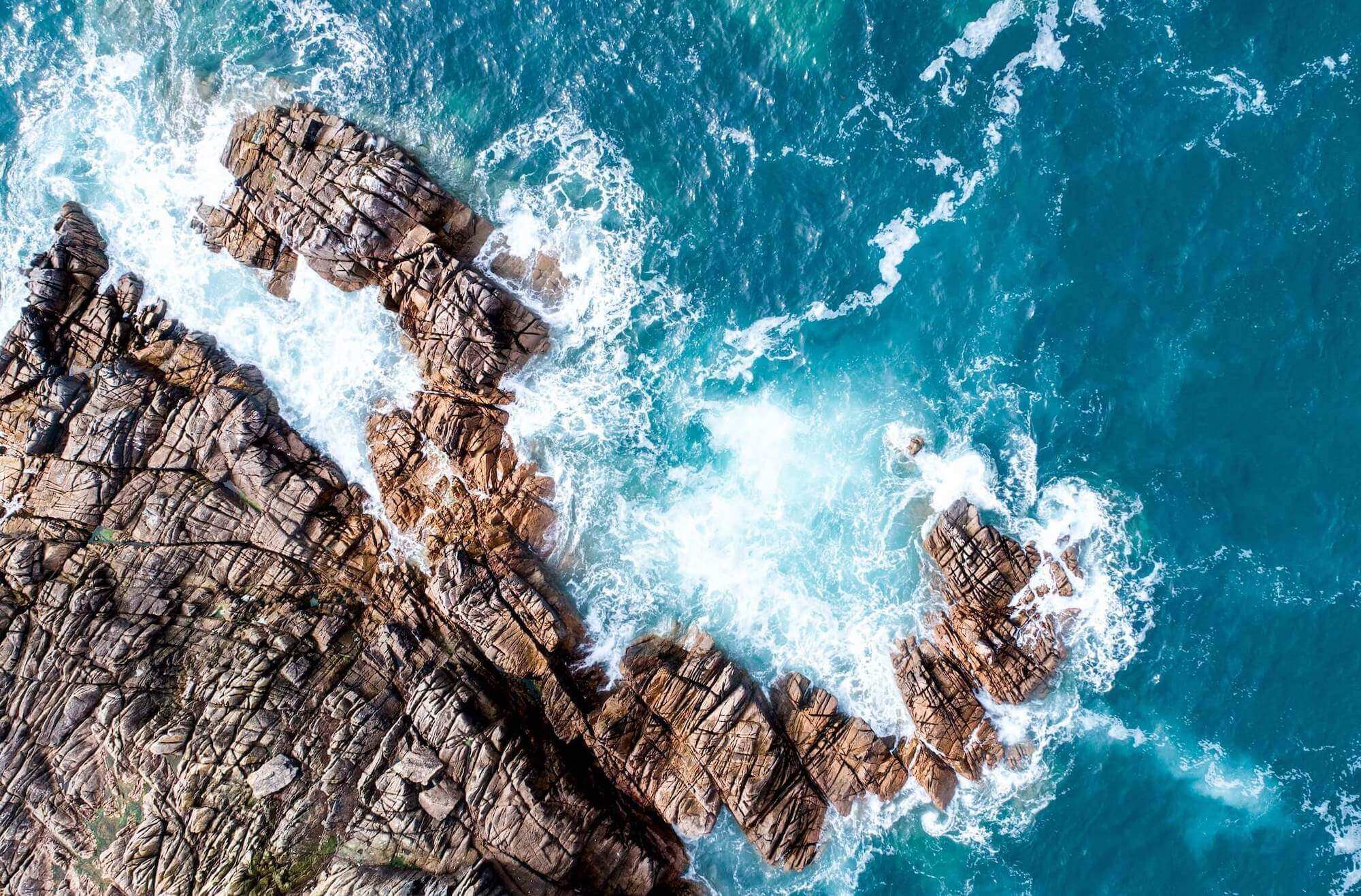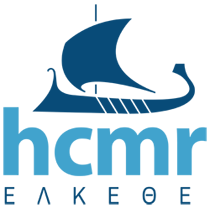
The Hellenic Centre for Marine Research (HCMR) is Greece’s leading governmental organization focused on marine science, operating under the supervision of the General Secretariat for Research and Innovation of the Ministry of Development and Investments. It consists of three specialised research institutes: the Institute of Marine Biology, Biotechnology and Aquaculture (IMBBC), the Institute of Marine Biological Resources and Inland Waters (IMBRIW), and the Institute of Oceanography (IO).
HCMR’s mission is to advance marine research and knowledge while contributing to societal needs, public administration, and private sectors involved in marine resource conservation and sustainable use. The organization plays a pivotal role in areas such as marine biodiversity, aquaculture innovation, climate change adaptation, marine technologies and ecosystem management, whereas it provides scientific guidance to decision makers and supports public awareness and education.
HCMR maintains state-of-the-art facilities in Heraklion, Crete (Thalassocosmos campus), Athens, and Rhodes. The IMBBC also manages the popular Cretaquarium, and the Aquarium of Rhodes. The centre operates advanced research vessels such as Aegaeo, Philia, and remotely operated underwater vehicles (ROVs) like the 2000 m Max Rover, enabling cutting-edge exploration of extreme environments. Additionally, HCMR actively engages in educational outreach and international collaborations, solidifying its position as a center of excellence in marine science.
Team members
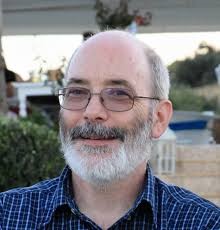
Chris Smith
Chris Smith, Director of Research in IMBRIW, a marine biologist and benthic ecologist working in Greece more than 30 years. He has participated as Principal Investigator/researcher in over 30 EU-funded cooperative research projects (very recent EU projects: GES4SEAS, OBAMA-NEXT, REDRESS, AFRIMED, MERCES, DEVOTES, BENTHIS) and collaborated in more than 40 others, both national and international. His main research interests include:
• Ecosystem impacts and interactions: impacts of fishing, aquaculture and impact assessment methodologies.
• Benthic ecology: megafaunal and macrofaunal communities and ecology, ecosystem processes and functioning, interactions of functional groups, deep water corals.
• Invertebrate fisheries: life histories and ecology, dynamics and assessment, Nephrops norvegicus.
• Gear technologies: fishing gear selection, alternative fishing techniques (particularly trapping).
• Technologies: application of imaging technologies (acoustic and optical), image analysis, seabed mapping and underwater platforms. He has published 75+ papers in peer-reviewed international journals, 10 book chapters and has had 150+ presentations in international conferences. He has been involved in various international committees over the years including ICES BEWG, Nephrops video assessment, BEDPRESS/BEDLOSS, ICES WKTRADE and WKFBIT. He is also a member of the EU expert group TG Seabed working on MSFD D6 descriptor issues. He is co-responsible in Greece for D6 seafloor integrity work within the EU MSFD. He was involved in the first acquisition and scientific applications of remote underwater imaging technologies in Greece and has been responsible for running HCMR’s 4 Remotely Operated Vehicle systems, supporting a wide variety of science and service projects. As well as running operations, he has several hundred hours piloting experience, including with the 2000 m Max Rover. The HCMR ROV
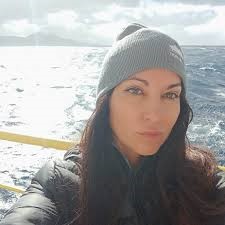
Paraskevi N. Polymenakou
Paraskevi N. Polymenakou, Principal Researcher in IMBBC, in Environmental Microbiology with specialization in extreme environments with a strong emphasis on submarine volcanoes and hydrothermal vents. Her research integrates molecular microbial ecology and monitoring of these extreme ecosystems using intelligent vehicles, in order to get a better understanding of their microbial diversity, functions and resilience. She has contributed to research on the microbiology of the deep subsurface through her participation in the groundbreaking IODP Expedition 398. Her expertise extends to bioprospecting genomic and metagenomic data and the genomic observation of ecosystems vulnerable to changes. She is the scientific responsible of the Environmental Microbiology Lab at IMBBC-HCMR. She has also initiated the IMBBC microbial strain collection from extreme environments, designed for biotechnological exploration. She has been involved as Coordinator, Principal Investigator or Collaborator in 24 international and national research projects. Her research work has been presented in 64 publications (19 as the first author and 18 as the corresponding author) in peer-reviewed international journals and in 2 Book Chapters. The cumulative journal impact factor corresponding to her publications is 326.6 and the average is 6.404 (ISI metrics; h-index: 26). Her publications so far have received 2730 citations (2415 excluding self-citations: Scopus– 12 December 2024).
She is a member of HCMR Gender Equality Board.

Manolis Mandalakis
Manolis Mandalakis, Principal Researcher in IMBBC. My research is primarily focused in the fields of Bioanalysis and Marine Biotechnology and aims at developing innovative practices for the effective valorization of marine biological resources, including raw biomass, metabolites, biomolecules or bioactive substances. The exploitation of marine organisms for bioremediation purposes, biodegradation of organic pollutants or other beneficial uses are also among my research interests. To accomplish my research objectives, I employ bioanalysis as my main tool. I use a repertoire of bioanalytical methods, not only for detecting the presence of specific compounds, but also for accurately quantifying their concentration in organisms. Moreover, I am interested in developing new analytical methods for measuring target biomolecules in a more efficient, convenient and cost-effective way. Besides biotechnological applications, I am interested in the study of key biomolecules (metabolites, metabolism-regulating compounds and proteins) that may play a central role in the physiological functions of marine organisms or provide important information about the identity (e.g. chemotaxonomy), the properties (e.g. bioactivity, biotoxicity), the inherent biological characteristics (e.g. gender, maturity) or the disorders (e.g. stress) of marine organisms.

Nadia Papadopoulou
Nadia Papadopoulou (IMBRIW) has been working in Crete for 30 years and during this time has participated in over 50 national and international research projects (including EU Projects DEVOTES, BENTHIS, ABIOMMED, SEAWISE), as lead HCMR investigator in the EU projects AFRIMED, MERCES and ODEMM and recently as Work package leader in EU Projects GES4SEAS, OBAMA-NEXT and REDRESS. Her main research interests include:
Ecosystem impacts and ecosystem approach to marine management of pressures: impacts of fishing and other marine/maritime impacts (eg litter) and ecosystem restoration.
Sensitive habitats and invertebrate fisheries (e.g. red coral and Nephrops norvegicus).
Benthic ecology: megafaunal and macrofaunal community structure and dynamics, ecosystem processes and functioning, biological traits analysis, interactions of functional groups.
Public awareness on environmental issues/scientific dissemination, societal relevance, policies.
Implementation and recommendations for EU Policies, particularly the MSFD, BDS 2030 and the Nature Restoration Law. She is a member or the Marine Restoration Working Group of the Society of Ecological Restoration Europe and a member of the EU TG SEABED experts group on MSFD seafloor integrity (D6) issues.
She is an Associate Editor for Deep-Sea Environments and Ecology in Frontiers and a reviewer for Frontiers, Marine Policy, JEMA and other journals.
She has published 67 papers in peer-reviewed international journals, 6 book chapters and has had more than 100 presentations in international conferences. She has also been involved in various international committees over the years including a) ICES Benthos Ecology Working Group Nephrops video assessment, BEDPRESS/BEDLOSS, WKTRADE and WKFBIT; b) national delegate to EU DG ENV TG Seabed; c) national focal point to GFCM Red Coral Working Group. Member of the MSFD D6 seafloor integrity Greek Team within the EU MSFD. Her publications so far have received 5642 citations.
She is a member of HCMR Gender Equality Board. Nadia has also been involved in scientific administration, management boards and has coordinated directorial level appointment activities. During recent years she has been an HCMR COVID Coordinator.
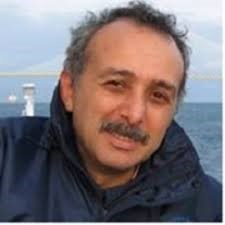
Leonidas Manousakis
Leonidas Manousakis (IMBRIW) is an engineer, a member of the Underwater Activities Group of HCMR and an ROV pilot. He has been working in Crete for 30 years and during this time has participated in many national and international research projects (including BENTHIS and EPILEXIS) working on underwater video and acoustics. He has also participated in numerous research campaigns and ROV missions for both research and search and rescue operations in Greece, in Europe and in Saudi Arabia.

